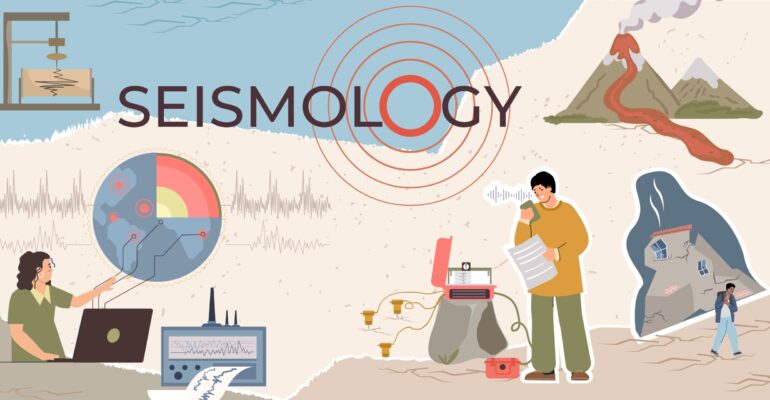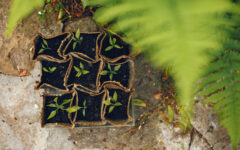Contemporary Society and the Fluidity of Risks:A Sociological Study of the Al Haouz Earthquake and the Question of the Welfare State in Morocco
30 June 2025 2025-11-29 14:38Contemporary Society and the Fluidity of Risks:A Sociological Study of the Al Haouz Earthquake and the Question of the Welfare State in Morocco

Contemporary Society and the Fluidity of Risks:A Sociological Study of the Al Haouz Earthquake and the Question of the Welfare State in Morocco
This study critically examines the governance of major risks in Morocco, using the 2023 Al Haouz earthquake as a revealing case that highlights the systemic dysfunctions within the country’s social welfare apparatus. Situated within a context marked by profound socio-economic fragility and limited public management efficiency, the study explores three interrelated variables: the developmental paradigm of state governance, culture as a hegemonic cognitive framework, and society as a dynamic agent of both influence and susceptibility. The study underscores the centrality of social welfare mechanisms as strategic instruments for risk management, positioning them as foundational pillars for sustainable development, social cohesion, and, by extension, political stability. However, the analysis reveals critical impediments to effective risk governance, including fragmented institutional coordination and prevailing cultural paradigms that reinforce a fatalistic attitude toward disasters. Methodologically, the research adopts a descriptive-analytical approach, utilizing semi-structured interviews, digital media content analysis, and field observation. By engaging with the structural and cultural constraints shaping risk governance, the study offers a sociological contribution to the rethinking of welfare state modalities in Morocco. It advocates for a holistic and integrated policy framework that bridges institutional mechanisms with societal awareness, thereby enhancing national resilience and preparedness in the face of future catastrophes.
Mohamed Amine Amzazi
Related Posts
Search
Categories
Popular Tags
Popular tags






